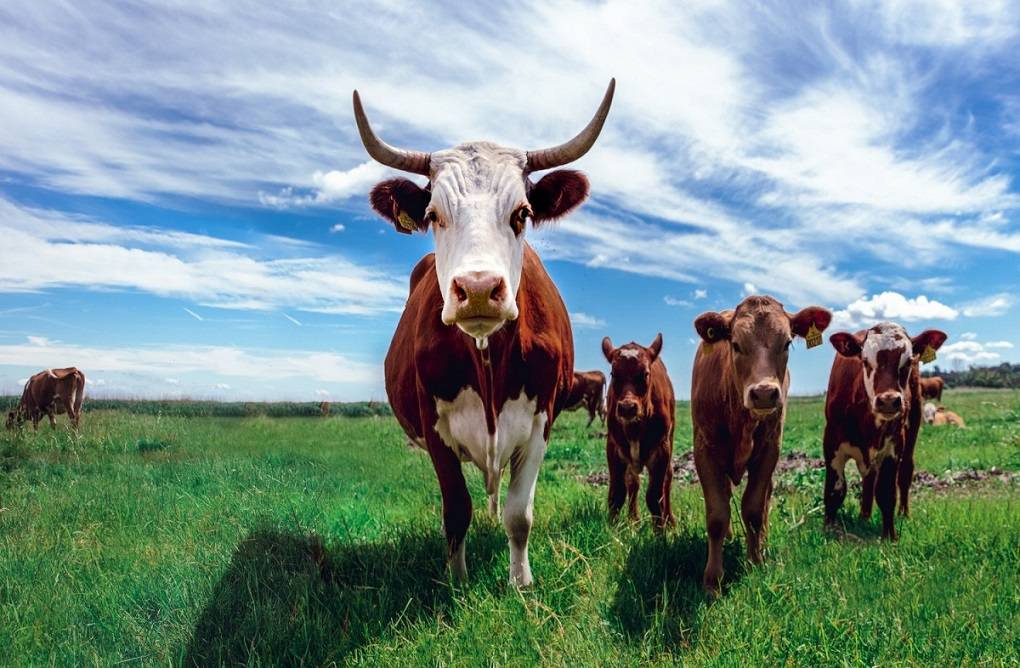
Since the start of civilization and the domestication of animals, livestock has provided crucial contributions to human well-being in social and economic terms. Livestock systems have drastically evolved over centuries to meet the growing population’s needs.
However, in light of global challenges such as climate change, population growth, and the urgency of ensuring the availability of nutritious and secure food for everybody, optimization of sustainable livestock production is the need of the hour.
Environmental impact of animal agriculture
Livestock production is the largest methane source emitter in the world. In the United States, red meat production has a huge carbon footprint as livestock and livestock farming practices are considered the second highest source of emissions of all transportation combined. Industrial livestock farming practices are a major source of freshwater depletion as well.
The livestock sector is also the world’s largest user of agricultural land, through grazing and the use of feed crops, and studies indicate that meat industries are a major contributor to soil erosion in the world. Animal agriculture and the expansion of livestock grazing land is the leading cause of deforestation in the world. The use of wild areas for agriculture is also one of the leading causes of the current mass extinction of wildlife.
The goals of sustainable livestock production
Sustainable livestock production practices aim to-
-
Restore or maintain ecosystems
-
Increase natural soil fertility
-
Maintain cherished landscapes
-
Produce nutritious food from marginal land
-
And provide habitats for biodiversity
-
Using efficient grazing systems
-
Improving environmental impacts including emission intensity of greenhouse gas via improved production efficiency and decreasing air, soil, and water pollution.
It also aims to promote responsible consumption of meat, dairy, and animal products, increase business opportunities and accessibility to viable markets, integrate livestock farming into the landscape of the community, and provide sustainable animal housing and husbandry systems.
There is also a social responsibility component to sustainable livestock farming which includes-
-
Improving animal health and welfare
-
Guaranteeing food safety and public health
-
Safeguarding the social rights, well-being, and health of workers, farm managers, and their families.
-
And improving and maintaining the communities where livestock food products are produced.
Farm animals depend on human care. On the other hand, human beings depend on farm animals to earn a livelihood. And it only makes sense that they are treated with dignity. It is imperative that farmers strive for creating a livestock production environment where the farm animals are free from discomfort, pain, disease, fear, stress, hunger, and thirst. Such practices can greatly impact animal mortality and morbidity rate and can greatly improve the supply and access to animal protein.
This is because unethical animal-rearing practices put the animals at risk of diseases which can result in great losses. Animals in sustainable livestock production are not pumped with excessive antibiotics, which can make the bacteria resistant, a situation that is dangerous for both animals and human beings. Consumers play a great role in making livestock practices more sustainable as their demand controls the market.








